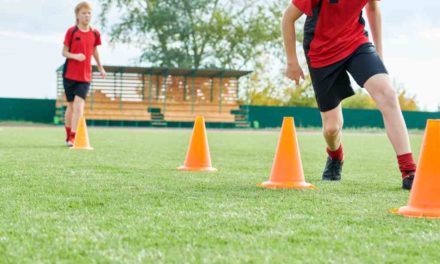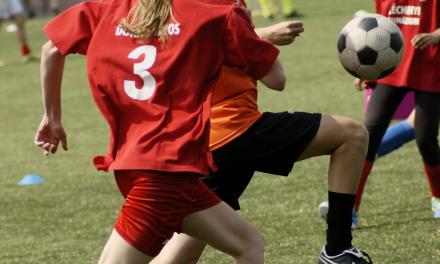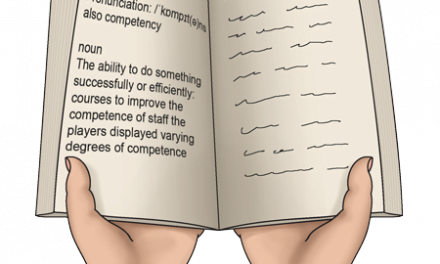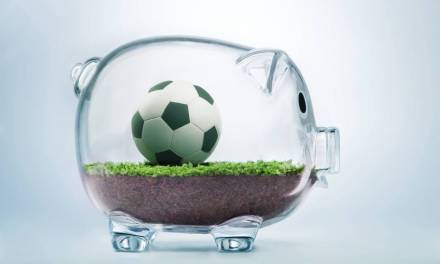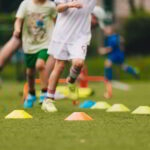There is no denying the importance of Physical Education to the health and wellbeing of a child. The benefits to a child of being physically active are proven and profound. In this article, we summarise the significance of PE in whole-child development.
1. Physical wellbeing
The obesity crisis in the UK is well documented, with a government action plan published in 2017 stating that almost a third of 2 to 15-year-olds are considered to be obese, and that these people are continuing to remain overweight into adulthood. This can lead to a myriad of health issues, both physical and mental.
A Stay Active paper published by the Chief Medical Officers in 2011 highlights the strong evidence between younger children who are physically active having less prevalent health issues. The research suggests that pupils who are physically active at school from a young age are more likely to remain active as they get older, increasing the likelihood that they remain healthy.
As well as the cardiovascular health benefits, pupils who take part in PE lessons are improving their physical literacy and skills. Their gross and fine motor skills will improve alongside their muscular strength and bone density.
By providing pupils with the opportunity to be physically active at school, through timetabled PE lessons, active break times and extra-curricular activities, teachers are equipping pupils with the skills to enable them to take part in sport with confidence, therefore increasing the likelihood that the child will choose to be physically active away from the school setting.
2. Mental wellbeing
The mental wellbeing of our students has never been more in the spotlight. More and more children from younger ages are reporting feelings of stress, anxiety, depression and other mental illnesses. Alongside being an opportunity to have a break from classroom learning and relieve stress, PE can also help to build self-confidence, improve self-esteem, relieve feelings of tension or anger, and possibly most importantly, allows children to have fun.
“Physical activity is not only good for your body, but it’s also great for your mind. Being active releases chemicals in your brain that make you feel good – boosting your self-esteem and helping you concentrate as well as sleep well and feel better. Not bad for something many of us can do for free!”
3. Social and personal development
A child who is habitually physically active and regularly involved in sports is not only developing their physical fitness and improving their mental wellbeing, but they are also developing a wide range of social skills. From cooperation with others and teamwork to leadership skills, problem-solving and overcoming failure, taking part in physical activity can prepare a child for a wide range of situations that they may find themselves in their lives.
Research shows that when children are given regular opportunities to develop these personal and social skills:
“they will not only be more successful learners, they will also be more likely to make a more successful transition to adult life”
The benefits of PE and being physically active are clear and well-documented. School leaders should value timetabled PE lessons and ensure that each pupil in their care is getting at least the minimum recommended physical activity levels.
If you would like to add some variety to your PE department or want to ease your workload then take a look at PEOffice’s content of lesson plans and schemes of work that can assist you and your colleagues. Alternatively, you can call the team on 01909 776 900, send an email to mail@peoffice.co.uk or book a free online demonstration here.

